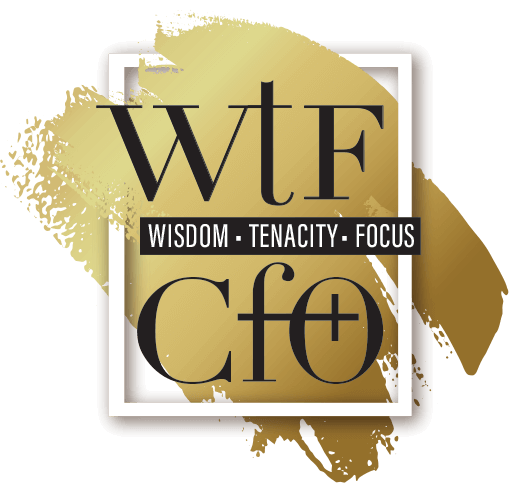In the realm of business, companies continue to develop a wide range of investment products and plans for their consumers. One of these is the ESG framework. Known as sustainable investing, ESG seems to be making a name as a great investment methodology for investors, particularly the millennials.
What is ESG?
ESG stands for Environmental, Social, and Governance.
ESG framework is the integration of the environmental, social, and governance factors to help investors in examining and choosing potential investments in reliable companies. Using ESG, it can help predict future performances of the businesses such as bankruptcies, price declines, and earnings risk.
What are the ESG Principles?
Socially conscious investors consider these three (3) criteria when selecting companies to invest:
1 – Environmental factor. Consumers consider how the company regards the impact of its operations on nature. They may review the carbon emission profile of the company or if the company remains compliant with the environmental regulations.
2 – Social factor. Consumers examine the company’s relations to the community, employees, and customers. For example, does the company prioritize the safety and well-fare of the employees?
3 – Governance factor. Consumers want to know how the company deals with internal controls, leadership, and audits. Consumers may also want to check if the company authorizes illegal practices or if there are any conflicts of interest among board members.
What ESG?
With ESG investing, investors can avoid companies that are at risk for greater financial hazards. By considering the three criteria, people will be able to stay away from companies with recent controversies, poor governance, ethical concerns, and other issues. Thus, they avoid companies that may signal a risk.
ESG provides people a greater advantage when it comes to investing. By looking at the three factors, customers will be able to position themselves in better financial performance and long-term financial prosperity.

